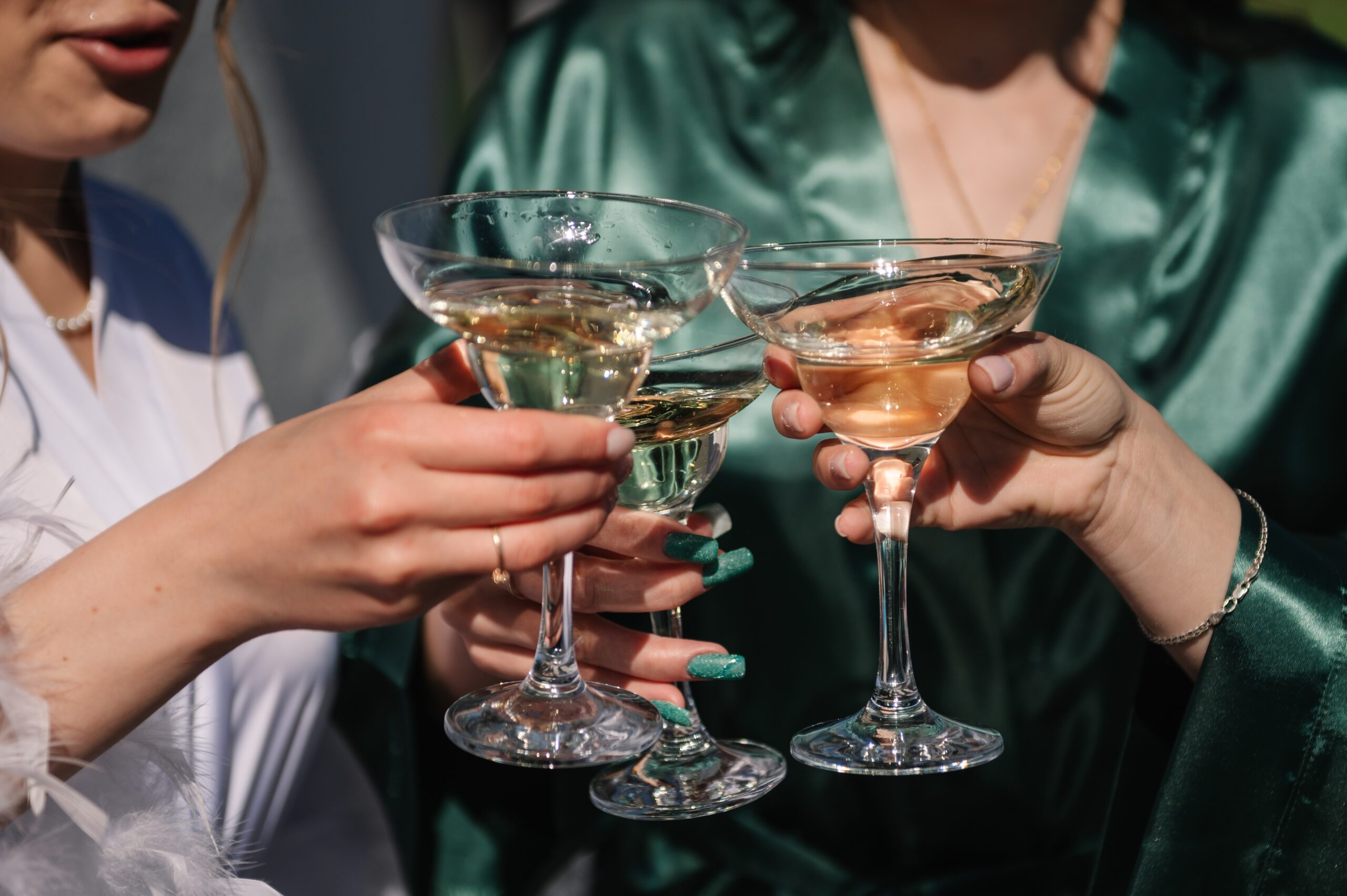
Get your fun back. Get your energy back. Get your calm back. Get your YOU back.
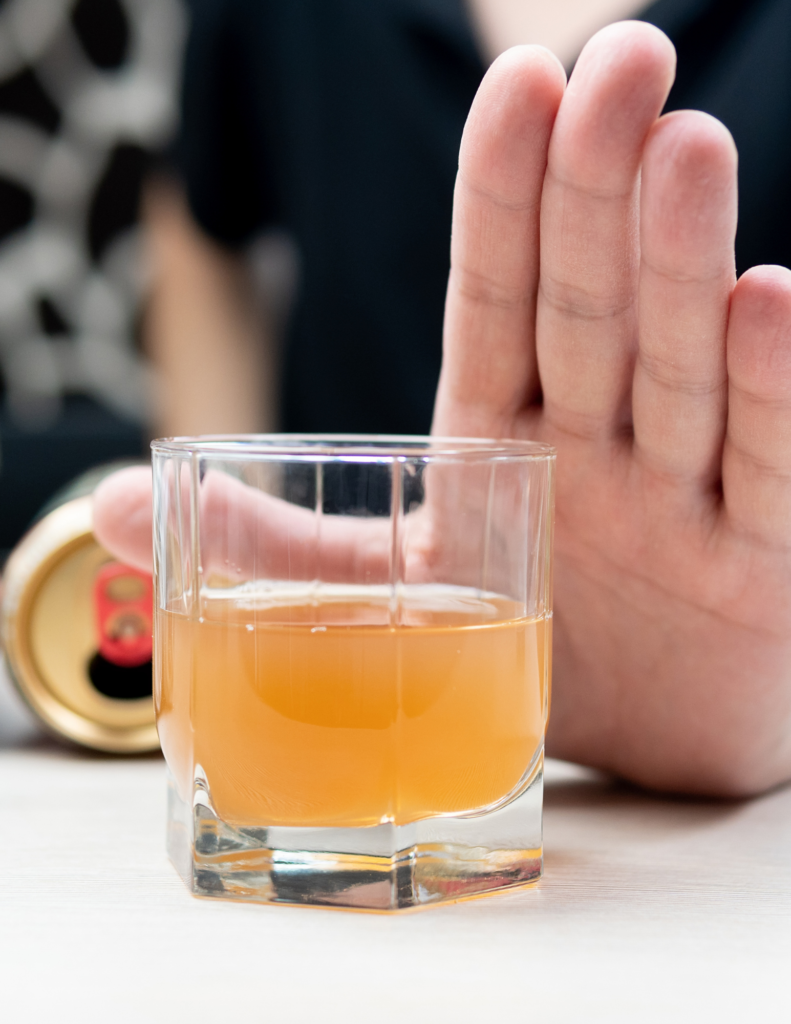
Whether it is a desire to be healthier, recover from the holidays, or reduce overall alcoholic consumption, Of all the months, January seems the most popular time for quitting the booze. The festive fun is a fading memory, it’s dark and cold, and there’s nothing to do in the evening other than watch Netflix and crack open another bottle.
I stopped drinking New Year’s Eve – not because I was at rock bottom, or had liver disease, or was training for a marathon, or any of the big, dramatic reasons.
Simply because as a middle-aged, peri-menopausal woman, I could no longer stand the woolly-headed wine hangovers, that meant I was firing on half a cylinder for two days after a few glasses of Pinot.
I admit that my odd glass of wine increased to a nightly beverage as a way to relieve the stress of the day. It was that magic transition between work and relaxation. The time I could take a deep breath and let it all go – queues to start relaxing and unwinding.
Except the one glass soon became two! I found myself drinking more than normal and realized I was using alcohol as a coping mechanism. Of course, I justified it, it had been a stressful day. I was going through the emotional turmoil of a divorce, I just needed to relax. I could stop any day if I wanted. I have spent some time thinking about my relationship with alcohol and have decided that for one month I will quit.
So this January, I have decided to do “Dry January” which originated from my home country of England – so it seems quite apt to accept the challenge and see how I feel after one month of no wine.
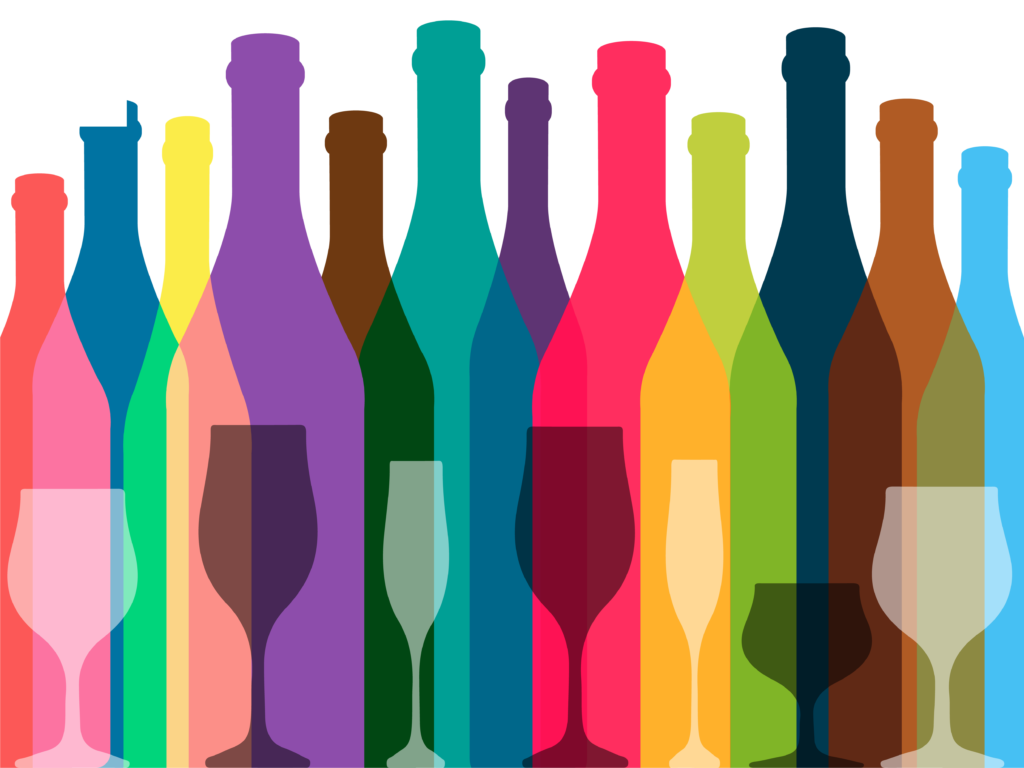
Don’t get me wrong, I don’t intend to take up extreme sports, running, ongoing smugness, or any other classic side-effect. I am not sure I will lose weight, but I do hope my skin improves and glows. I am also glad that I will no longer wake up at 3 am with a toxic headache, or fail to do things I promised because I can’t face getting up early.
I won’t have to mentally scan the previous night’s social event for stupid or tactless remarks I may have made. I won’t have stupid arguments with my friends because being drunk made me over-sensitive, and I won’t feel exhausted from opening one more bottle, to prolong an evening that should have naturally ended.
I won’t regret it, in short – and I won’t miss it.
Even if you’re just doing a month, then, here’s how to do it successfully. Let’s do it together and I promise you won’t regret it either.
How can it be that just a month off has a long-term impact? Being alcohol-free for 31 days shows us that we don’t need alcohol to have fun, relax, or socialize. It helps us learn the skills we need to manage our drinking. That means that for the rest of the year, we are better able to make decisions about when we drink and how much, so we can avoid slipping into drinking more than we really want to.
That’s extra good news because alcohol is linked with more than 60 health conditions, including liver disease, high blood pressure, depression, and seven types of cancer. Alcohol is the biggest risk factor for death, ill health, and disability for people aged 15-49 years of age. Cutting back on alcohol long-term reduces your risk of developing these conditions.
What you’ll notice – see your skin get brighter, your wallet fuller, and your days busier. Feel your step get bouncier, your mind calmer, your nights sleepier. Most people who do Dry January see a whole host of obvious benefits that make Dry January the perfect start to the New Year.
On the inside – a month alcohol-free has a lot of benefits: research published in 2018, conducted by the Royal Free Hospital and published in the British Medical Journal, found that a month off:

Remember the old adage to plan ahead? Determine what the hardest part will be for you and how you intend to tackle it. Doing it because your partner is quitting and has nagged you into it, or because you feel a bit rough after the last binge probably won’t work.
The majority of Dry January-ers go back to booze within a couple of weeks. So to keep you going, focus on what you want from giving up. A clearer head? Less regret? Better health? Pick one reason, and write down all the benefits you hope to experience from quitting.
Most importantly, don’t be fooled into thinking drinking is vital for relaxation. It only ever relaxed you because you trained yourself to be tense without it.
3. Get rid of booze
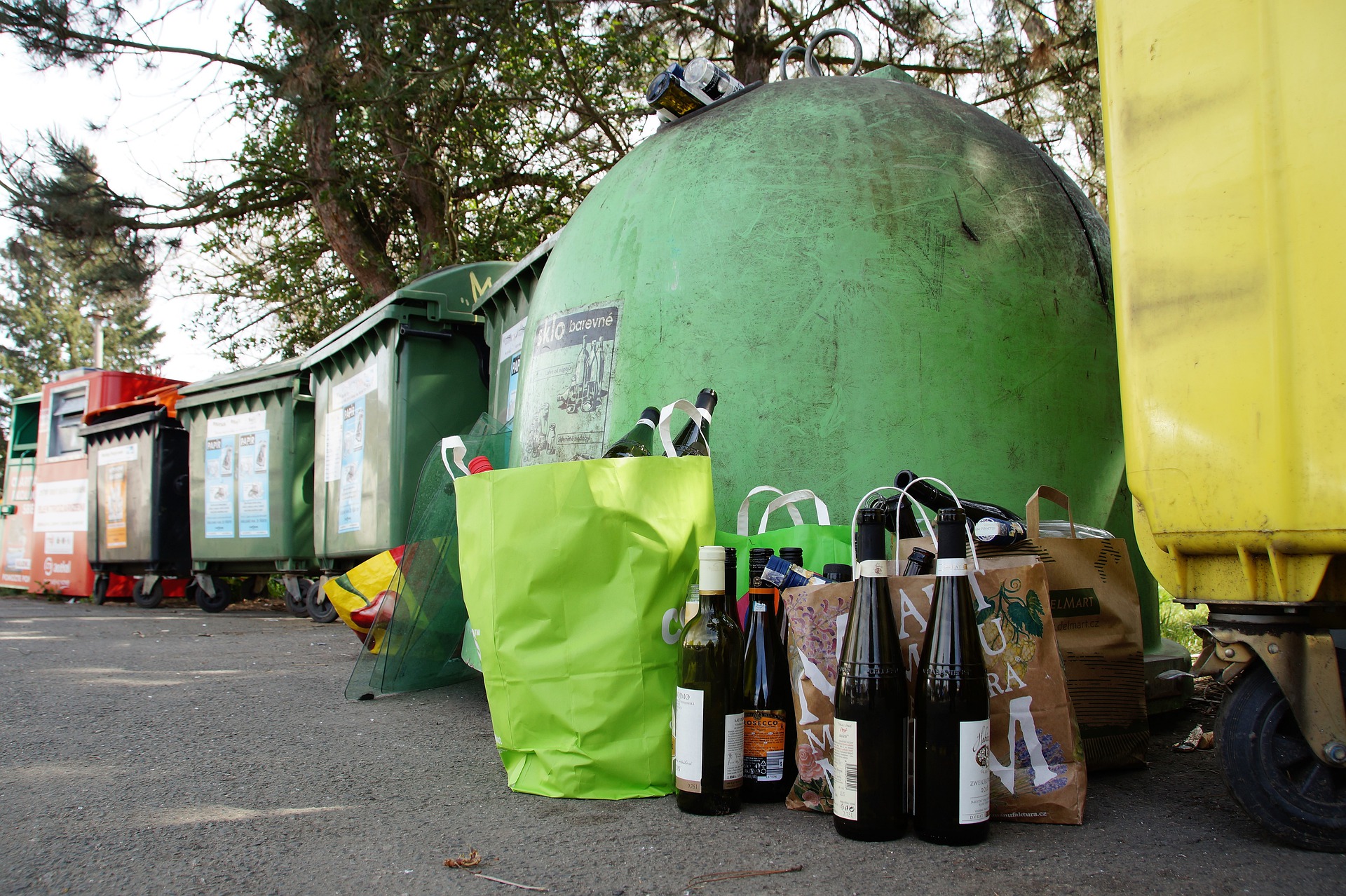
Having the one thing you’re not allowed to have in the house is a constant, miserable temptation. Every time you feel a bit low, sad, tense, exhausted – all the usual booze triggers – you’ll go straight to it. If possible, get rid of it all. Pour it away, donate it, but you need a booze-free house. You may want an alcohol replacement, like non-alcoholic beer, wine, or sparkling wine, or something simple like sparkling water, soda water, or seltzer water with fresh fruit, juice, or herbs. Other options to explore are Kava, Kombucha, Mocktails, Shrubs, and Tea. Healthy non-alcoholic spirits in different flavors are also available, most with some combination of mixed adaptogens, botanicals, nootropics, spices, or fruits. There are plenty of books and blog articles with recipes and advice for the sober curious. Here is one of my favorites you can make.
If you always do the same thing, all the little alcohol triggers will be the same. If you like to come home every day after work and have a drink on your favorite sofa, then your new routine could be as simple as swapping it out for a non-alcoholic drink on the sofa instead. On the other hand, if you can’t imagine succeeding at that, then replace the entire scenario. Go to another room, run an errand, visit a friend, or exercise during that time after work.
I am getting back into the habit of having a hot bath after work to relax, or I’m going for a walk in the early evening before dinner with my dog. Getting back on my mat in the evening for some gentle yoga has been a lifesaver in changing up my routine. Walks, runs, baths, books, phone calls, crosswords, podcasts – anything that’s different from your normal drink-punctuated routine – is going to be a huge help in breaking the habit.
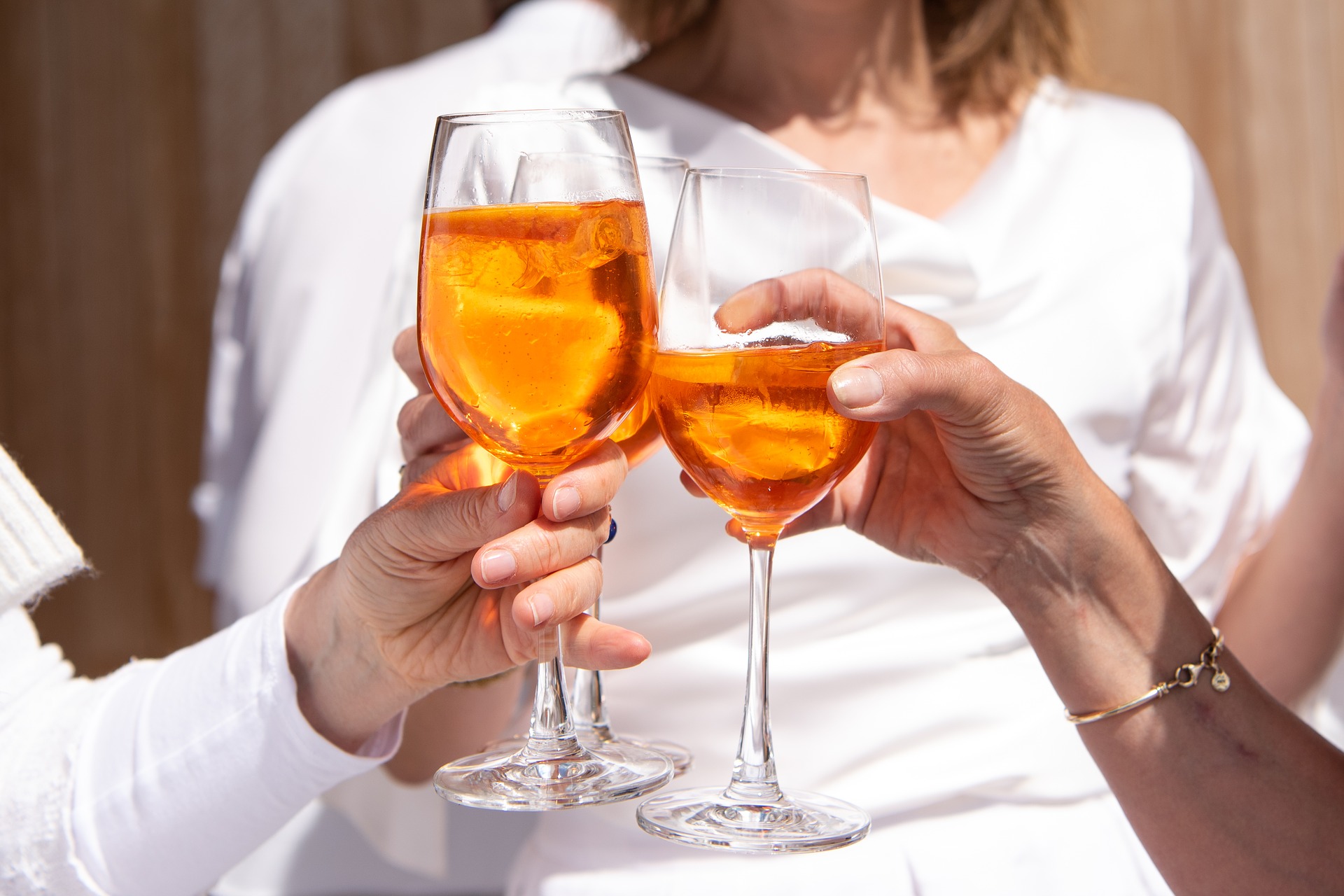
The biggest threat to your sobriety is other people. Whether it’s ‘Oh come on, it’s my birthday’, or a grumpy, ‘Well, I can’t drink the whole bottle on my own’, or ‘Come on, have a proper drink’ the peer pressure is real.
The best way to avoid this is to avoid drinkers themselves for the month. It’s only 31 days – however having a friend or accountability partner in the challenge will be a big asset toward success. Even if they don’t want to be a part, you can still ask them for support.
Now that you have more time (and energy?), try walking, running, swimming, yoga, meditation, biking, playing a sport, or another favorite activity that gets you moving.
If you find yourself having a drink, don’t give up completely. Nobody’s perfect. Just start fresh the next day with a goal to finish the month strong.

Be proud of your accomplishment and think about how you feel physically and emotionally. Read your journal from start to finish to see what your challenges were and how you handled them.
How do you feel now? What were those triggers? What will you do going forward? What was this experience like for you and how did others support you? Long-term change – the real magic happens when Dry January is over. Dry January helps you drink more healthily year-round. Research conducted by the University of Sussex has found that six months after Dry January more than 70% of people who take on the month with support are still drinking more healthily. On top of that, they have boosted levels of well-being, and much more besides.
So, after Dry January is over, use what you’ve learned about your relationship with drinking to inform how you approach it. Learn from the experience, “What is your relationship with alcohol, and where do you want to be? This is a great time to think about what a realistic amount of alcohol is for your lifestyle. Think about how to fit it in in a way that feels balanced.
If you need support in choosing the right balanced lifestyle for you based on your genetics and your dosha – then schedule a complimentary consultation with us, so we can chat.
Cheers to that…


The Holistic HIghway integrates traditional Western medical practices with Ayurveda medicine, creating a focus on prevention through nutrition, diet, and exercise; use of the latest genetic testing and other diagnostic techniques; and prescribed combinations of botanical medicines, supplements, therapeutic diets, detoxification programs, or stress-management techniques.

Integrative Health Expert | Ayurveda Practitioner | Author | Speaker
Kerry is a globally recognized leader in integrative medicine and the science of health known as Ayurveda. She is passionate about raising awareness of the need for a change in contemporary medicine that focuses on patient empowerment and a health-based (rather than disease-based) medical system.
Kerry is connected with The University of Pittsburgh Center for Integrative Medicine and remains a pioneer in the field of integrative medicine where she has developed a personalized system to manage chronic disorders by incorporating fundamental changes in diet, behavior, and stress while focusing on genetics.
This individualized program is so successful that many of her clients have achieved maximum healing and vitality after years of chronic problems!
More to Explore
Contact
Disclaimer
The sole purpose of all the website content is to educate and provide information about Integrative Health, Genetics and Ayurveda.This information is not intended for use in the diagnosis, treatment, cure. or prevention of any disease.
Stay Connected